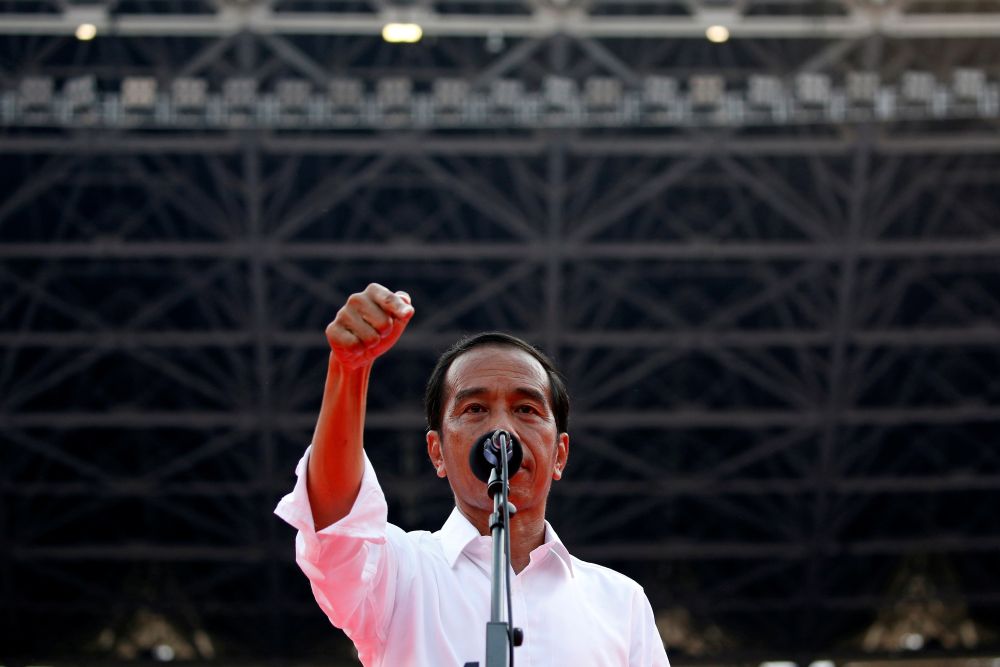KUALA LUMPUR, June 20 — Some time in the future, peninsular Malaysia might be connected to Sumatra seeing that the Indonesian government is currently studying the possibility of building a bridge connecting the two nations as part of its plans to develop and enhance its toll highways.
Bloomberg reported today the archipelago’s president Joko Widodo is planning to spend an eye-popping US$70 billion (RM290 billion) on tolled highways to connect its far-flung islands together, including a connecting link to Malaysia.
The news organisation quoted the head of Indonesia’s toll-road regulator Danang Parikesit who said that by 2024, the tolled highways in the country will be nearly three times the current length.
“By 2024, Indonesia’s fee-charging highways will stretch for 5,400km, almost triple the length of the current network,” he reportedly said.
“In addition to the highways, the regulator is also studying the possibility of building a bridge from peninsular Malaysia to Sumatra, and a bridge connecting Singapore to Bintan island.”
More than half of the new toll roads will roll out on Sumatra where it will connect the two ends of the island.
Danang said he expected advanced construction techniques will be required in some locations in order to hold up road bridges 100 metres above ground or to tunnel for several kilometres.
The plan was to ease the haul of food and fuel across the world’s largest archipelago. Dispersed across 17,000 islands, Indonesia is a logistical nightmare. Prices of everyday item can be highly inflated while development in hard to reach locations are hampered.
Last month, Indonesia Planning Minister Bambang Brodjonegoro said the only way to generate faster economic growth is through connectivity.
However, there are concern about how the 1 trillion rupiah worth of highways will be funded with analysts fearing that the funding burden will create pressure on Indonesia’s banking system and the balance sheet of local construction companies.
Parikesit reportedly said that the government is aware that it cannot foot the bill on its own and is seeking other sources of capital including bank loans and private funding.
The work is expected to boose revenue for state-owned construction firms such as PT Waskita Karya, PT Adhi Karya and PT Wijaya Karya. Financial entities such as PT Bank Rakyat Indonesia, PT Bank Negara Indonesia and PT Bank Mandiri might be invited to help fund the project.



















